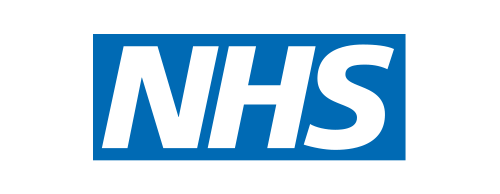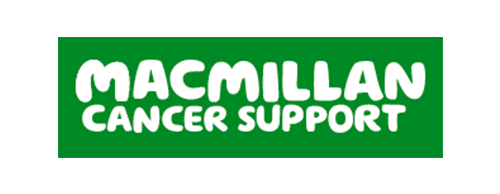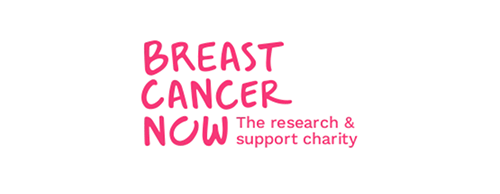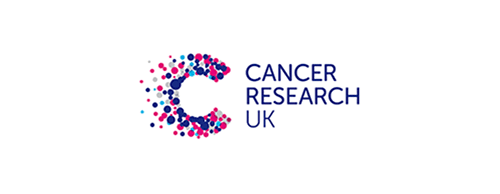Radiotherapy FAQs
Chemotherapy can temporarily lower the numbers of one or more of the three main types of blood cells the body produces:
White blood cells fight infection: resistance to infection is lowered when the white blood count drops. White cell numbers usually improve without any treatment but injections (also known as GCSF) may be prescribed to aid white cell recovery.
Red blood cells carry oxygen: occasionally chemotherapy causes mild anaemia, which might lead to tiredness, breathlessness and dizziness.
This usually settles without treatment but sometimes requires a blood transfusion.
Platelets help the blood clot. Low platelet counts can cause nose bleeds, easy bruising or bleeding and gum bleeding when brushing your teeth. The platelet count usually recovers but very rarely a platelet transfusion may be necessary.
Some combinations of chemotherapy drugs are more likely to cause a low white blood cell count. Patients on these treatments will be given GCSF blood count injections the day after each cycle of chemotherapy to minimise the risks of infection.
For other chemotherapy treatments, GCSF may be given to patients who suffer repeated low white blood counts.
Most patients can safely receive intravenous chemotherapy through a temporary drip (cannula) placed in the vein in the arm on the day of treatment. This is removed the same day, before the patient goes home.
Occasionally a more permanent form of access to the vein may be required to administer chemotherapy. These devices usually stay in for the duration of the treatment. Different types of venous access device are used:
- PICC lines (peripherally inserted central catheters): a fine tube passed into a vein in the arm under local anaesthetic. The line can be used both to take blood and to give chemotherapy.
- Portacaths contain a small chamber placed under the skin inserted into a vein, usually in the chest.
Regular appointments will be made so that your doctor and chemotherapy nursing team can assess your side effects and ensure you are coping with the treatment.
For most treatments a blood test is required before each session (cycle) of chemotherapy.
For your first treatment, if you travel to hospital by car, it is a good idea for a relative or friend to drive you home again after treatment as you might feel unwell. At other times, if you feel able, you can drive as normal.
Specially trained chemotherapy nurses, working closely with the oncology team, will administer the treatment
All patients are assessed prior to each cycle of chemotherapy, either by a doctor or a senior chemotherapy nurse, in the oncology clinic.
Any necessary modifications to the treatment or anti-sickness drugs will be made in the clinic, so please let the doctors or nurses know which side effects you have experienced.
It may be possible to take a holiday in between cycles of chemotherapy. However, delaying the next cycle of chemotherapy for a holiday is not recommended.
Holidays abroad are best avoided until after chemotherapy is complete. Travel insurance for people being treated for cancer can be very costly. More information is available via the Macmillan Website.
Chemotherapy affects different people in different ways. Some patients are able to lead a near-normal life and continue to work.
Most medication can be continued safely during chemotherapy. Please let the doctors and nurses know which medicines you are taking.
You may continue to drink alcohol during chemotherapy though it is best avoided for the first few days after each treatment. Many patients go off the taste of alcohol until their treatment is complete.
Some supplements and herbal remedies can interact with chemotherapy so please tell the doctors or your chemotherapy nurse if you are taking any non-prescription supplements.
Useful links
TESTIMONIALS
See more reviews at Doctify and I want Great CareEverything was explained to me thoroughly, using language and statistics I could understand. He and his team are simply fantastic and I couldn’t have felt safer in their hands.
His approach immediately puts you at ease. He is a great support to me and I trust him implicitly.
Dr Burcombe is very knowledgeable, efficient, reassuring and approachable. I am very happy indeed with the level of care I have received from him and would have no hesitation in recommending him.
I am so grateful for my excellent medical care and all your support.
A true professional, but mixed with a very human side in dealing with people.
I trust him completely and am now 8 years cancer free. Thank you.
He listened to me and explained every aspect of my treatment/condition in language I understood!
He has a sympathetic ear, and can be relied upon to go the extra mile in exploring potential treatment options.
I can't recommend Dr Burcombe enough. A truly empathetic and considerate professional.




